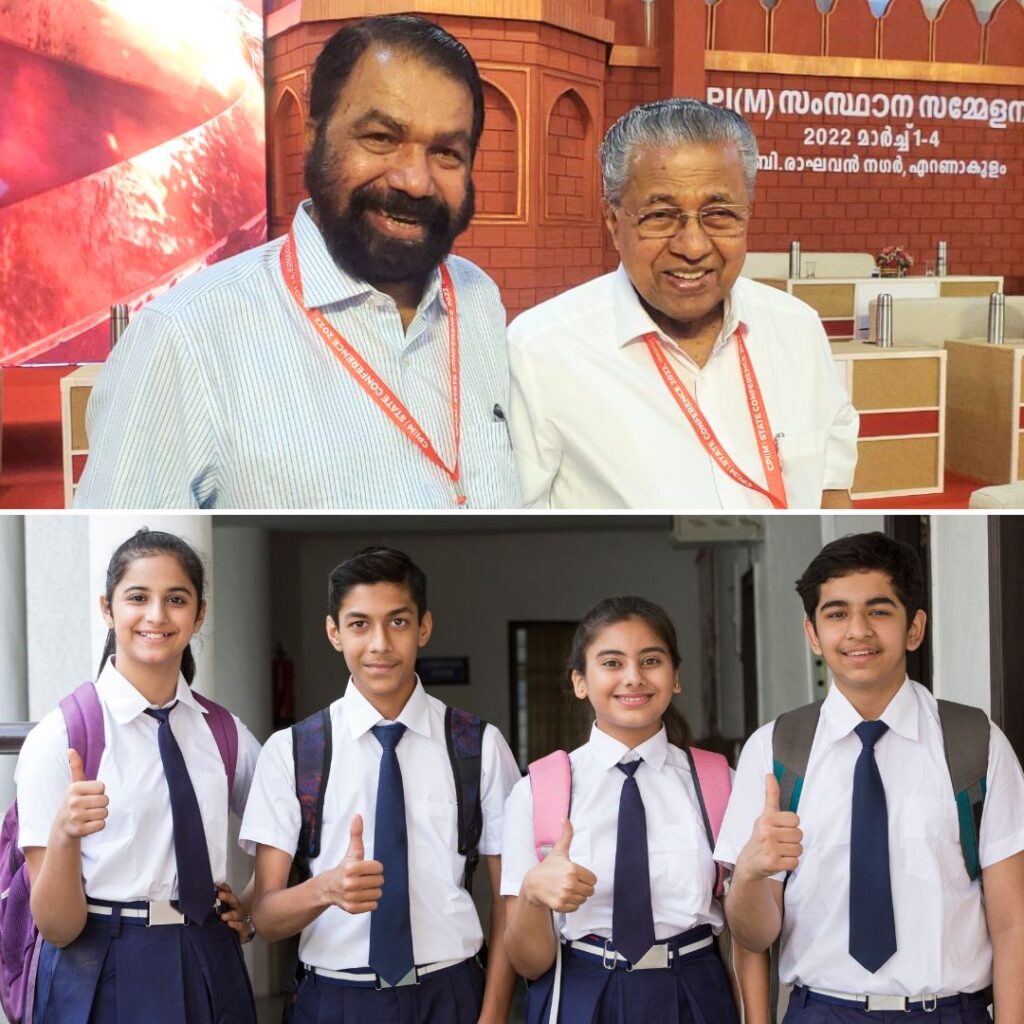On November 16, Chief Justice of India SA Bobde deferred the habeas corpus petition filed by Kerala Union of Working Journalists (KUWJ) seeking the release of Kerala journalist Siddique Kappan. The court refused to hear the plea, stating the pendency of ‘spate of petitions’ under Article 32 as the reason.
The journalists union had filed a habeas corpus petition seeking immediate release of Kappan, citing the violation of the fundamental rights. A habeas corpus petition is filed under Article 32 of the Indian Constitution, which allows the Court to order the government to produce the said person before it to verify if they were detained as per the procedure entrenched by the law.
Kappan was arrested in Mathura by the Uttar Pradesh police on October 5 while on his way to Hathras to report on the alleged rape and murder of a Dalit girl. He, along with three others, was detained and charged with sedition and under the anti-terrorism law, Unlawful Activities Prevention Act (UAPA).
Senior Advocate Kapil Sibal, appearing on behalf of the union, said that there was no concrete reason behind Kappan’s arrest. Neither the FIR names him, nor any offences were alleged. Still, he has been kept in jail since October 5, and not allowed to meet the lawyer and the family. Sibal said the circumstances were exceptional in this case. He said the court has granted bail in Article 32 petitions, and in this case, too, an extraordinary situation arose due to the arrest of a journalist.
To this, CJI Bobde told Sibal the top Court was not on the merits of the case and raised questions about not approaching the Allahabad HC before the SC. Sibal responded that as Kappan was not allowed to meet anyone and was in jail, he could not go to the High Court, and an Affidavit had also been submitted in the same regard.
Bobde said there was a ‘spate of petitions’ under Article 32 pending before the top court and it was trying to ‘discourage’ them. ‘We are trying to discourage Article 32 petitions (power of Supreme Court to provide relief for violation of fundamental rights). There is a spate of Article 32 petitions.’
The court then adjourned the hearing for Friday and issued notice to the UP government for their response on the Union’s petition for Kappan.
Arnab Goswami’s Case
A few days earlier, on November 11, the top court granted interim bail to Republic TV Editor-in-Chief Arnab Goswami in a 2018 abetment to suicide case, after Bombay HC dismissed his plea saying that Goswami had the remedy under the law to approach the sessions court concerned and seek regular bail. The Supreme Court, while granting the bail had observed that ‘states must realise there’s an apex court to protect the liberty of citizens’.
Bobde’s Statement
CJI Bobde’s statement in Kappan’s case has raised multiple questions. The apex court has come under heavy criticism for having ‘contradictory’ statements over cases dealing with citizen’s fundamental rights, given Goswami’s case and Kappan’s at present.
Given the apex court is the final supervisor and protector of the fundamental rights, the question arises as to what will be the implications of CJI’s statement?
Article 32
Architect of the Constitution of India Dr B R Ambedkar, defined Article 32 as the soul of the Indian Constitution. It grants the right to move the Supreme Court by appropriate proceedings for the enforcement of the rights. The right guaranteed by this article shall not be suspended except as otherwise provided for by the Constitution. It allows a citizen to file petitions directly before the Supreme Court, bypassing lower courts in the process.
Advocates’ Point Of View
Speaking to The Logical Indian, Bombay High Court advocate Vijayalaxmi Khopade called CJI Bobde’s statement as ‘unfortunate’. Khopade said it is not the prerogative of the judiciary to encourage or discourage the usage of specific act or law or provision in the law. They have to stick to what is in front of them. They have discretionary powers like suo motu powers, but they too are enabling in nature.
‘The Supreme Court has the power to take cognisance of some cases or offences and take favourable actions for the same. Justice Bobde’s statement will somewhere send a message that one can retract the petition,’ Khopade said.
Speaking to TLI, Senior Advocate Abha Singh said that Bobde’s statement does have merit – to approach the High Court before the apex court. ‘This has been the recent tendency, of not approaching the High Court, and rushing to the Supreme Court. In that case, Justice Bobde has rightly asked to approach the HC, but one cannot curtail a person’s fundamental right if she/he wants to go to Supreme court.’Impact On Public
Singh said that if Goswami’s case is taken, Justice Shinde rightly noted that the petitioner had the remedy under the law to approach the sessions court concerned and seek regular bail.
However, he bypassed the sessions court. Above all, the Supreme Court entertained it. Singh said if there is a set procedure for attaining just…












